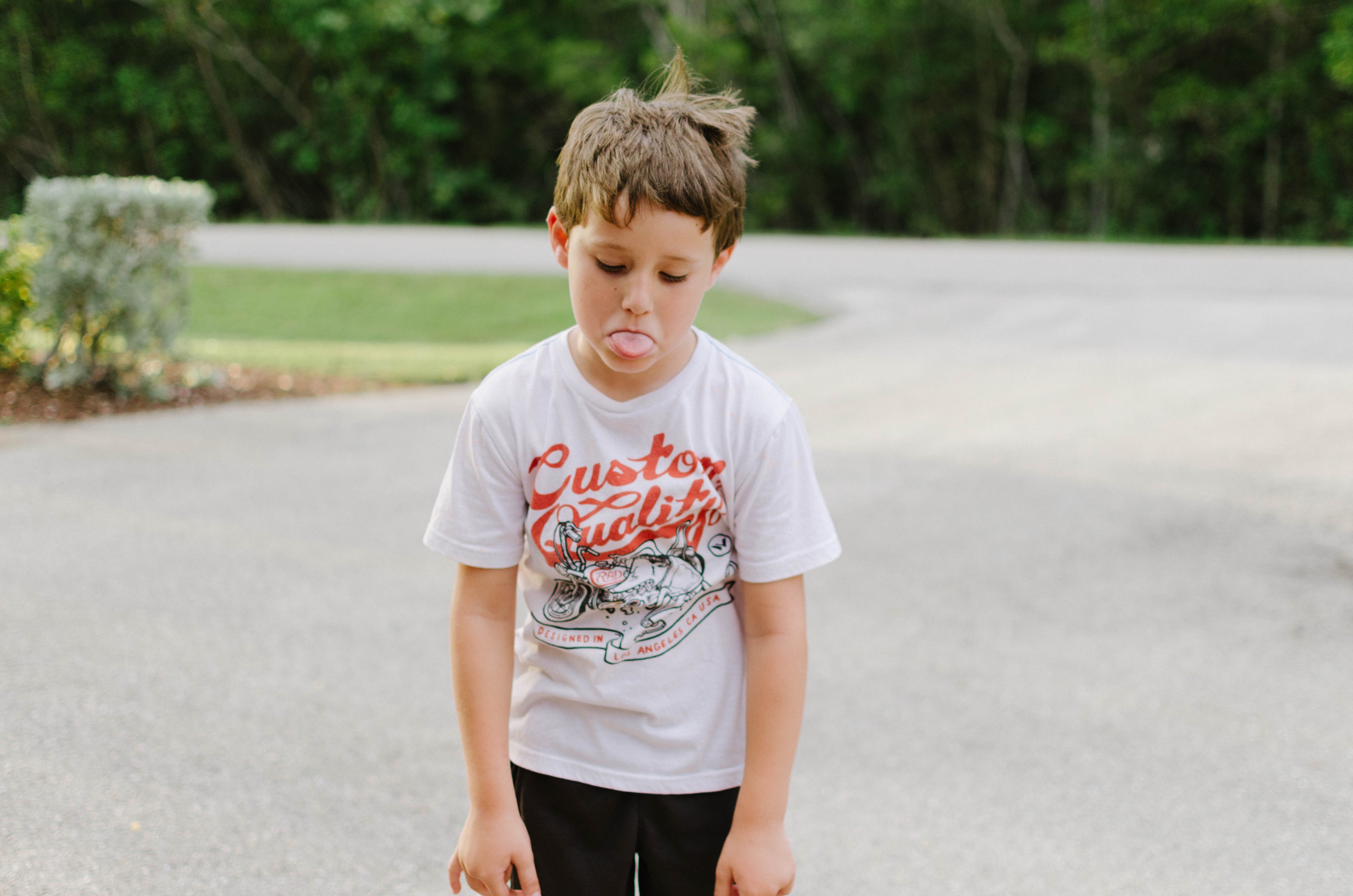A decision to divorce or separate from a partner who is narcissistic, self-absorbed and who has little regard for you, is not easy, especially if you have children.
Often people assume that if they have legal Orders in place about the parenting arrangements for their children, then the issues that they had in the relationship will miraculously disappear. Unfortunately this is nothing further from the truth.
Let’s face it a toxic and cruel partner will not suddenly become pleasant, sensitive and easy to get along with once you separate or divorce. In fact statistics show that stalking, threats, and violent behaviour is worse after the partner has left the relationship.
If you find yourself in a situation where you have to navigate parenting arrangements with a toxic ex-partner, and whether you have Court orders, parenting plan or simply an agreement, here are 3 tips that will make the difference for you:
1. Don’t think about co-parenting with a toxic ex-partner, rather think in terms of parallel parenting. Parallel parenting simply means that the communication between you and your ex is very limited and only relates to emergency or complicated issues relating to the children. When you parallel parent, you manage, care and raise the children as you think is best for them and when they are with the other parent, they do the same. In this scenario you are each independent parents of the children.
2. As hard as this may sound, the best thing you can do for your sanity and well-being is to not get hooked into the drama and carry on of a toxic ex-partner. I recently had an experience where a woman was divorced for 10 years from her toxic ex-partner. An emergency arose that related to the youngest child. The ex-partner was rude , dominating and insensitive to the situation- he was just as she remembered him to be in the marriage. This time however, she took a non-judgmental and non-triggering approach, she was able to step back and see what her toxic ex-partner was doing. By taking a non-judgmental approach, she focused on what was important to her- her emotional well-being and the physical health of her child.
3. Don’t involve your children in the drama or the conflict. They love both their parents and it’s not their responsibility to sort out adult concerns.
This article has been written by Pamela Cominos. The article is general information and is not intended to be relied upon as legal advice. If you wish to know more, please contact us on 8999 1800
